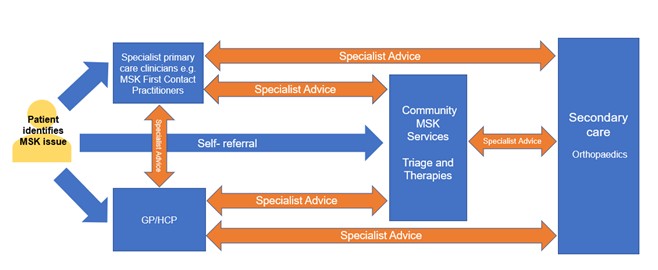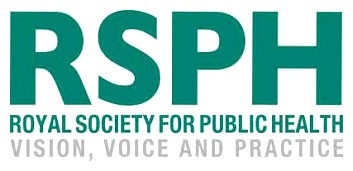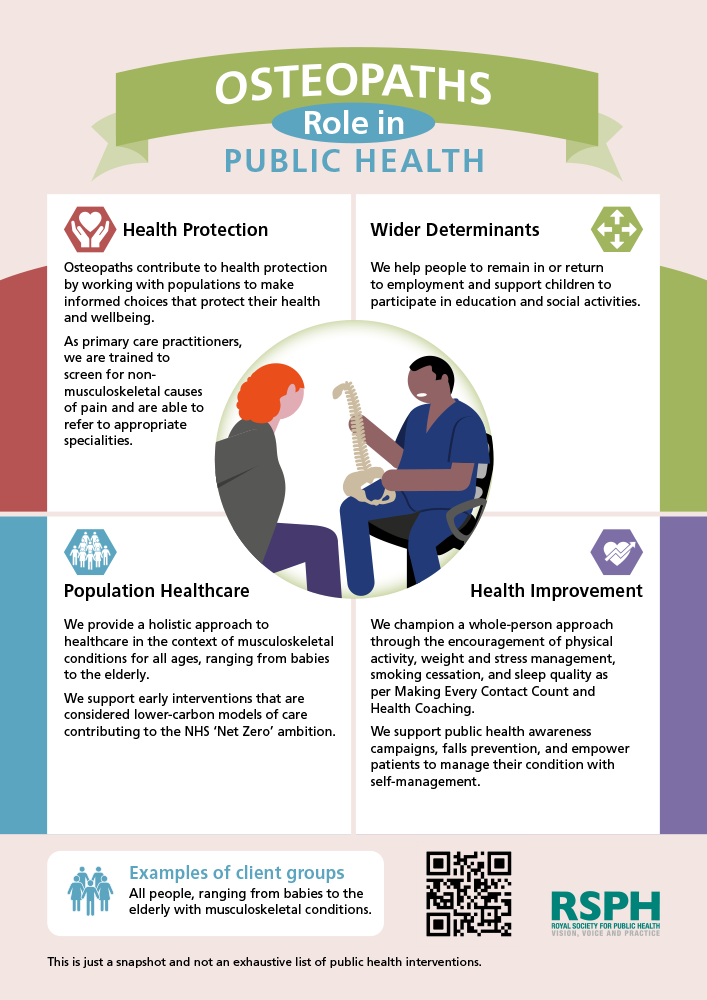With numbers on the NHS waiting list at a record high of 7.75 million and rising, on the 30th of November 2023, ITV’s flagship current affairs programme ‘ITV Tonight’ focused on the huge waiting lists for joint replacement surgery: Tonight – Series 25 – Episode 35 – ITVX
With input from Versus Arthritis, Dr Zoe Williams investigates the health impacts on the estimated one million-plus people currently waiting, in some cases for years, for trauma and orthopaedic treatment. The programme looked behind those figures and into the lives of those waiting in pain for transformative orthopaedic treatment, explored whether surgery is the only option for patients in severe pain, and discussed how people can wait as well as possible whilst awaiting treatment.…
Read more of this article




 by Sue Brown, CEO ARMA
by Sue Brown, CEO ARMA


 by Sue Brown, CEO ARMA
by Sue Brown, CEO ARMA



 The Kings Fund has produced an explainer on the health of people from ethnic minority groups in England. Whilst this doesn’t include MSK health, it does include several relevant determinants of health including physical activity levels, obesity, healthy diet, socioeconomic inequalities and access to services.
The Kings Fund has produced an explainer on the health of people from ethnic minority groups in England. Whilst this doesn’t include MSK health, it does include several relevant determinants of health including physical activity levels, obesity, healthy diet, socioeconomic inequalities and access to services.